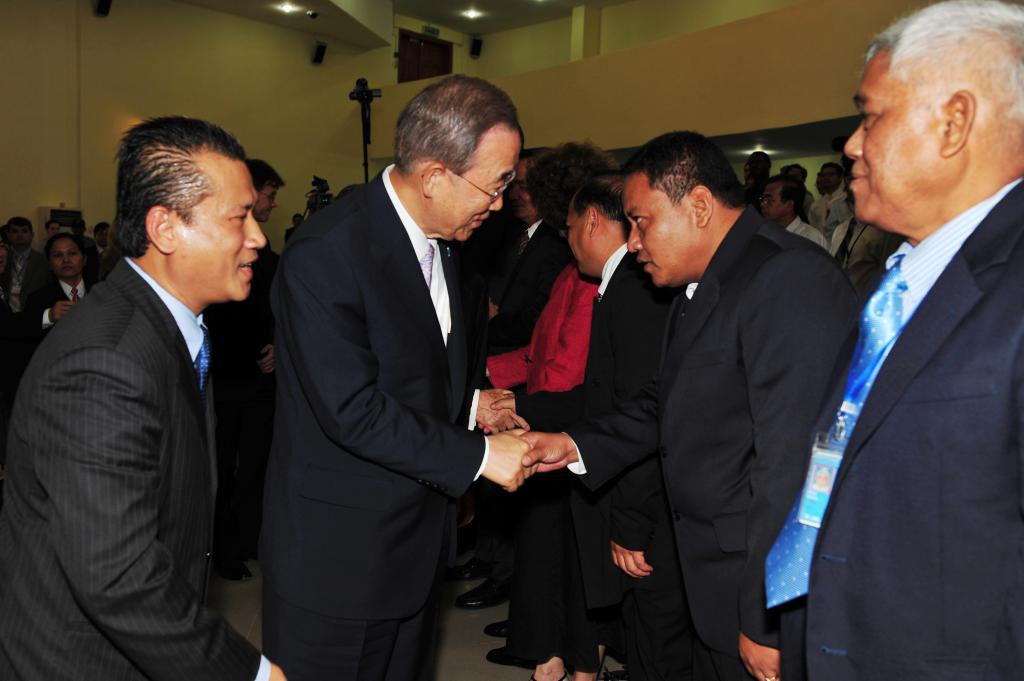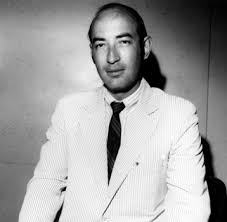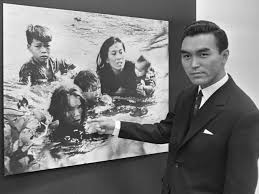On October 22, 1972, Henry Kissinger flew to Phnom Penh for a 3 hour meeting with Lon Nol.

On October 22, 1977, Pol Pot returned to Phnom Penh from a three week state visit to China and North Korea.
On October 22, 1989: Khmer Rouge forces occupy Pailin.
On October 23, 1991, the Paris Peace Accords were signed, ending decades of war in Cambodia. The day was a public holiday (cancelled in the mid-2000’s, reinstated in 2012, and cancelled again for 2020).

On October 24, 2016, Health Minister Mam Bunheng signed off on a total ban on surrogacy. Article 12 of the law stated “Surrogacy, one of a set of services to have a baby by Assisted Reproductive Technology, is banned completely”.
On October 25, 1956, Sam Yun took over the job as Prime Minister from Prince Sihanouk. The position was handed back to the prince in April the next year.
From 25-30 October 1973:Operation Thunder Strike is launched; the first major Khmer air offensive.
On October 25, 1973, All but three Soviet embassy staff members in Phnom Penh had left Cambodia.
On October 26, 1994: Article 51 of the Law on Civil Servants was passed, meaning all government employees, including police, were given special treatment by the courts. The law stated that “any judge wishing to prosecute senior civil servants must file a request through the minister of justice to seek authorization from the Council of Ministers before the prosecution can proceed. Authorization from the head of the ministry involved is necessary for the prosecution of lower-ranking civil servants. An exception to the authorization process is made for civil servants who are arrested while in the act of committing a crime“.
On October 26, 1997, American journalist Nate Thayer interviewed a sickly Pol Pot near Anlong Veng.

On October 26, 2015, around 20 men assaulted two opposition parliamentarians as they left Cambodia’s National Assembly following an anti-opposition demonstration outside the building. Kung Sophea and Nhay Chamraoen of the Cambodia National Rescue Party (CNRP) were dragged from their cars and beaten, kicked, and stomped on. Three men from the Bodyguard Unit later confessed and were given four-year prison terms with three years suspended. They stated that they were acting as individuals and not as part of the armed forces.
On the evening of 26 October 2010, United Nations Secretary-General Ban Ki-moon arrived in Phnom Penh.
The next morning, after an official welcoming ceremony, he met with Prime Minister Hun Sen at the Peace Palace, the newly built Government office, becoming the first visiting dignitary to be hosted there.
Secretary-General Ban and Prime Minister Hun Sen held a detailed exchange of views on a broad range of subjects covering bilateral, regional and international issues. Topics discussed include the Millennium Development Goals, the United Nations-Association of Southeast Asian Nations (ASEAN) partnership, the border dispute between Cambodia and Thailand, human rights and the work of the Extraordinary Chambers in the Courts of Cambodia. The Secretary-General and the Prime Minister also discussed the situation in Myanmar.
An hour later, the Secretary-General was granted an audience with Preah Bat Samdech Preah Boromneath Norodom Sihamoni, King of Cambodia. That was followed by a town hall meeting with the United Nations country team, and later a visit to the Extraordinary Chambers in the Courts of Cambodia. In his address to officials and staff, the Secretary-General stressed the need to ensure that those most responsible for the worst crimes are brought to justice. He commended the work of the Extraordinary Chambers in that respect, and assured them of his commitment to raising the funds necessary for the completion of their mandate.
That evening, the Secretary-General and his wife, Madam Ban Son-taek, were guests of the Prime Minister at an official dinner in their honour.
The next morning, 28 October, Secretary-General visited the Toul Sleng Genocide Museum. After touring the facility, he delivered an impassioned plea for an end to crimes against humanity, referring to the atrocities of the Khmer Rouge regime. He renewed his pledge to see the Extraordinary Chambers carry out their mandate to help close that traumatic chapter of Cambodia’s history.
The Secretary-General also visited the Khmer-Soviet hospital, a drug-rehabilitation and mental health centre, before departing Phnom Penh for Hanoi, Viet Nam.

On October 28, 1970, American Jesse Frank Frosch, chief of the Phnom Penh bureau of United Press International, and Kyoichi Sawada, a Pulitzer Prize‐winning photographer for U.P.I. were found dead on a road south of Phnom Penh.
The bodies of Mr. Frosch, who was 28 years old, and Mr. Sawada, 34, were found by Cambodian soldiers. The car in which they had been riding was riddled with bullet holes and had swerved off the road and crashed against a tree.
The bodies were lying in paddy field many feet apart, the nearest more than 20 feet from the car. Both men had been shot repeatedly through the chest. No blood stains were found in the car.


On October 29, 1951, Commissioner of the Republic in Cambodia Jean Léon François Marie de Raymond was brutally murdered by his Vietnamese houseboy while he was taking a nap. The boy then managed to escape to the Việt Minh , who celebrated him as a hero. It is believed that the boy was placed as a spy in Raymond’s household by the Việt Minh from the very beginning, taking advantage of the inspector’s suspected pedophile tendencies.
On October 29, 1970: Clyde William McKay Jr a merchant mariner who had hijacked the USS Eagle on 14th of March 1970 and U.S. Army deserter Larry Humphrey, escaped imprisonment under the Lon Nol regime (after defecting to the previous government under Sihanouk). The two found themselves motorbikes and promptly rode in the direction of Kampong Cham province, a heartland of Khmer Rouge territory. They were never seen again.

On October 29th 2004: Coronation of HM KIng Norodom Sihamoni. King Sihamoni and his parents, King Father Norodom Sihanouk and Queen Mother Norodom Monineath, specifically requested that the ceremonies not be lavish because they did not wish the country to spend too much money on the event.
On October 29, 2016, Pen Sovann- 28th Prime Minister- died in Doun Kaev, Takéo Province. He was an elected MP for the CNRP in Kampong Speu province.
